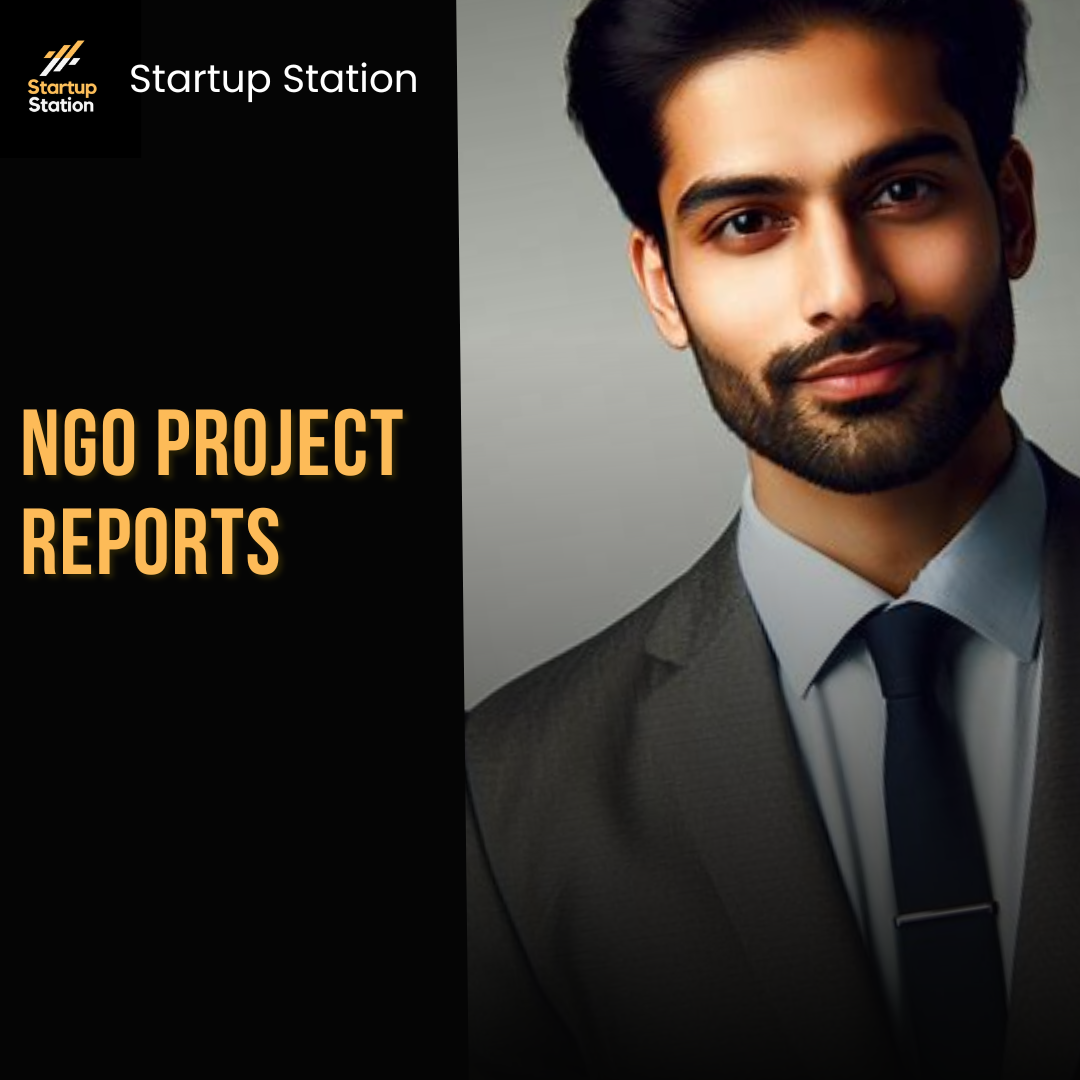NGO Project Reports: A Comprehensive Guide
Introduction
If you're involved with a non-governmental organization (NGO), you understand the critical importance of project reports. These documents encapsulate the essence of a project, detailing its accomplishments, challenges, and feedback. They serve as a beacon of transparency, showcasing the impact of the project on the community it serves and ensuring financial accountability. NGOs, operating across diverse sectors like health, education, environment, human rights, and humanitarian aid, rely on these reports to communicate their endeavors effectively.
Understanding NGO Project Reports
NGOs undertake various social welfare projects, each requiring meticulous documentation to evaluate their efficiency and success. Here are the key types of NGO project reports:
1. Project Completion Report
Key Components:
- Final summary of the project's outcomes
- Overview of achievements and challenges
- Recommendations for future projects
2. Quarterly Report
Key Components:
- Updates on project activities and results
- Financial report and budget analysis
- Stakeholder engagement overview
3. Monthly Progress Report
Key Components:
- Monthly progress assessment
- Identification of obstacles and upcoming plans
- Focus on recent developments
4. Program Report
Key Components:
- Overall program analysis
- Updates on various projects under the program
- Recommendations for broader change
5. Budget Comparison Report
Key Components:
- Comparison of actual expenditures against the estimated budget
- Identification of gaps and overages
- Recommendations for cost control
6. Project Evaluation Report
Key Components:
- Analysis of project success against objectives
- Assessment of project's impact
- Suggestions for future improvements
Benefits of NGO Project Reports
NGO project reports play a pivotal role in the functioning of an organization, offering several benefits:
- Highlighting Impact: They showcase the impact and progress of projects, aiding in fundraising efforts.
- Transparency and Accountability: Reports increase transparency and accountability, promoting learning and continuous improvement.
- Learning and Improvement: They help NGOs showcase best practices and inform strategic decision-making.
Details of NGO Project Reports
To understand the importance of NGO project reports, consider the following details:
- Tracking Progress: Reports track project progress for effective impact assessment.
- Financial Support: They demonstrate the need for financial support to facilitate NGO projects.
- Legal Verification: Reports verify NGO legality for ethical collaboration.
- Informed Decision-Making: They analyze budgets for informed decision-making.
- Transparency: Sharing reports fosters transparency and accountability.
NGOExperts: Simplifying NITI Aayog Registration
Navigating the bureaucratic landscape of NGO registration can be daunting. That's where NGOExperts comes in. We offer seamless registration with NITI Aayog and comprehensive assistance in all aspects of running a non-profit organization.
Why Choose NGOExperts?
- Expert Guidance: Our experienced professionals provide expert guidance on all aspects of NGO operations.
- Personalized Service: We offer customized solutions tailored to your unique requirements.
- Time Efficiency: With our assistance, you can complete the registration process quickly and efficiently.
- End-to-End Solutions: From registration to fundraising, we provide comprehensive support.
- Reliability: Our track record of success and customer satisfaction speaks for itself.
- Social Impact: We are driven by a passion for philanthropy and empowering non-profits to make a difference.
- One-Stop Shop: In addition to NITI Aayog registration, we offer assistance with other regulatory bodies.
Don't let bureaucracy hinder your mission. Choose NGOExperts for hassle-free NITI Aayog registration and focus on making a real impact in society.
Frequently Asked Questions (FAQs)
How long does the NITI Aayog registration process take?
The registration process typically takes around 15-30 days, depending on various factors such as document submission and government processing time.
What documents are required for NITI Aayog registration?
The required documents include the organization's memorandum of association, articles of association, proof of address, and PAN card.
Can NGOs registered under other acts apply for NITI Aayog registration?
Yes, NGOs registered under other acts can apply for NITI Aayog registration, provided they meet the eligibility criteria.
Is NITI Aayog registration mandatory for all NGOs?
While it's not mandatory for all NGOs, registration offers several benefits, including access to government schemes and tax exemptions.
How does NGOExperts ensure compliance with regulatory requirements?
NGOExperts has a team of legal experts who stay updated with the latest regulations and ensure that NGOs comply with all requirements.
